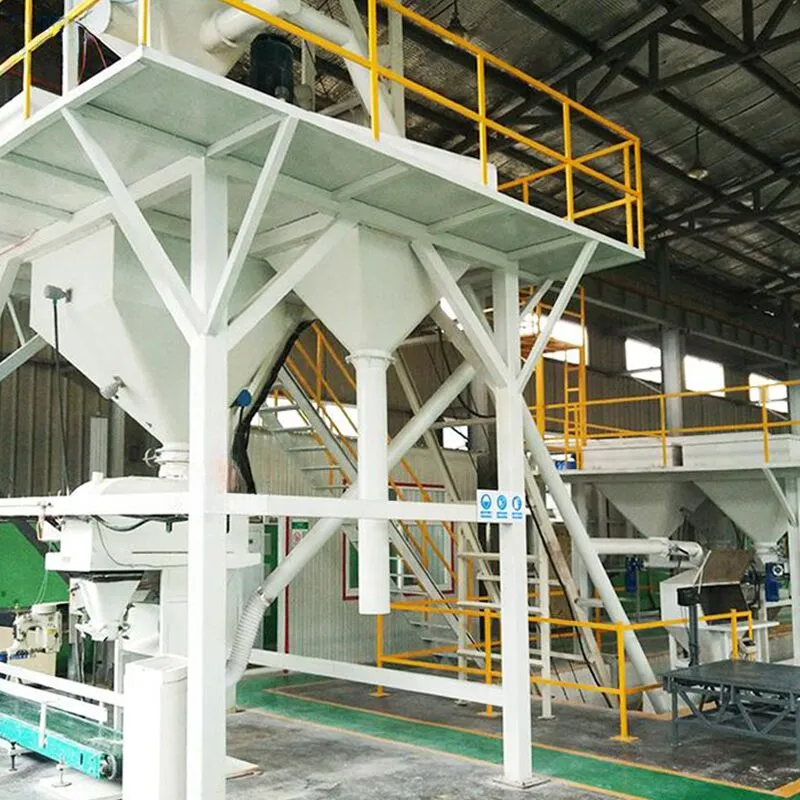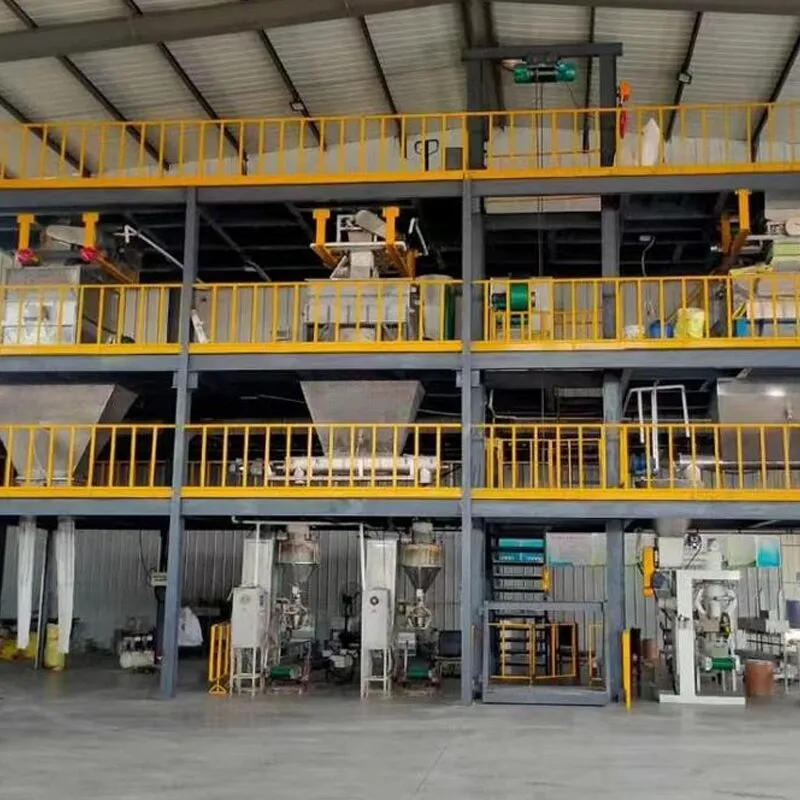
Running a factory means dealing with real-world demands. You want equipment that fits just right, without wasting time or money. That’s where customizing a water soluble fertilizer production line comes in. It lets you build a setup that matches your space, output goals, and raw materials. Think about it: off-the-shelf options might work for some, but they often fall short in busy plants. A tailored line boosts efficiency and cuts down on headaches.
Many factory owners face the same issues. They buy standard gear, only to find it doesn’t handle their mix of ingredients well. Or it takes up too much room. Customization solves that. It turns your production into a smooth operation. And in the end, it helps your business stand out. Customers notice when your fertilizers hit the mark every time.
What Makes Water Soluble Fertilizers Special
Water soluble fertilizers change the game for farmers. They dissolve fast in water, making them easy to apply through drip systems or sprays. No clumps, no waste. Plants soak them up quick, leading to better growth.
Defining Water Soluble Fertilizers
These fertilizers come as liquids or solids that mix right into water. Solids look like fine powders or granules, free of lumps. Liquids stay clear, without settling at the bottom. Farmers use them for everything from soaking seeds to foliar feeds. The key? High absorption rates—up to 95%. That means less product goes further.
Why do they matter? In modern farming, speed counts. Crops in greenhouses or hydroponics need nutrients right away. Traditional fertilizers might sit in the soil, but these get to work fast. It’s like giving plants a direct shot of what they need.
Key Advantages for Your Operation
Switching to producing these can lift your factory’s game. Here’s why:
- Quick Uptake: Plants grab nutrients fast, cutting down on losses from runoff.
- Versatile Use: Works for drip irrigation, soilless setups, or even root dips.
- High Efficiency: Less fertilizer needed overall, which appeals to eco-conscious buyers.
- Custom Blends: You can tweak formulas for specific crops, like veggies or fruits.
Producing them in-house lets you control quality. Imagine your brand known for reliable, high-performing products. That builds trust and repeat business.
Why Go Custom for Your Factory
Standard lines are fine for starters, but growth demands more. A custom water soluble fertilizer production line fits your factory like a glove. It handles your unique setup, from small batches to big runs.
Factories differ wildly. Some deal with tight spaces; others need high-speed packing. Customization lets you pick features that matter most. Want automated mixing to save hands? Or special conveyors for tough materials? You got it.
Assessing Your Factory’s Needs
Start by looking at what you have. How much space? What’s your daily output target? List your raw materials—things like nitrogen sources or trace elements. Think about power supply too. A good custom plan factors all that in.
For example, if your plant runs on a budget, focus on energy-saving parts. Or if you’re expanding, build in room for upgrades. This way, the line grows with you. No need to rip it out later.
Boosting Efficiency and Output
A tailored line cuts waste. Mixers blend evenly, so no bad batches. Packing systems fill bags quick and clean. Result? More product out the door with less effort.
Take energy use. Custom designs often include smart controls that adjust speeds. That saves on bills. And with better flow, downtime drops. Your team spends less time fixing jams.
In the long run, this lifts your brand. Reliable output means happy customers. They come back, and word spreads. Suddenly, your factory’s the go-to for top-notch fertilizers.
Essential Parts of a Production Line
A solid water soluble fertilizer production line has key pieces that work together. Understanding them helps you customize wisely.
Raw Material Handling
Everything starts here. Conveyors move ingredients safely. Use belt types with corrosion-proof fences. They keep things clean and prevent spills.
Why customize? If your materials are sticky, add rollers for smooth flow. Or metal detectors to catch debris. Simple tweaks make a big difference.
Batching and Mixing Systems
This is where magic happens. Scales measure exact amounts—3 to 10 ingredients per batch. Mixers stir them even.
Customize by output size. Small factory? Go compact. Big one? Add auto-feeders. Ensures consistent blends every time.
Packing and Finishing
Final step: measuring, filling, and sealing. Automated lines handle it fast.
Options include:
- Bag fillers for solids.
- Bottle lines for liquids.
- Labels with your brand.
Tailor to your market. Export needs sturdy packs; local might want smaller sizes.
Here’s a quick comparison of component choices:
| Component | Standard Option | Custom Benefit |
|---|---|---|
| Conveyor | Basic belt | Corrosion-resistant for harsh materials |
| Mixer | Manual stir | Auto for even blends, saves labor |
| Packer | Simple filler | Speedy for high volume, reduces errors |
Pick what fits your flow.
Steps to Customize Your Line

Don’t rush in. Follow a clear path to get the most suitable water soluble fertilizer production line for your factory.
Initial Consultation
Talk to experts first. Share your goals, space, and budget. They sketch ideas based on that.
Ask about past projects. See how they handled similar setups. Good suppliers listen close.
Design and Planning
Next, draw up plans. Include layouts, material flows, and safety features.
Customize details like control systems. Want touchscreens? Or remote monitoring? Add them.
Review drafts. Tweak as needed. This stage avoids costly changes later.
Installation and Testing
Once built, install it. Pros handle wiring, pipes, and tests.
Run trials with your materials. Adjust speeds or mixes. Only go live when it’s smooth.
Training comes too. Your team learns the ropes fast.
Ongoing Support
Customization doesn’t end at startup. Look for suppliers offering maintenance plans.
Regular checks keep things running. And if you expand, they help upgrade.
This process builds a line that lasts. Your factory runs better, and your brand shines.
Meet Hebei Aoliande Chemical Equipment Co., LTD.
As a trusted supplier in this field, Hebei Aoliande Chemical Equipment Co., LTD. stands out for water soluble fertilizer production lines. Based in China, they bring years of know-how to the table. They handle everything from design to installation, focusing on reliable gear that meets global standards. Their team offers tech advice, transport, and setup help. With certifications in quality and safety, they serve factories worldwide. If you’re eyeing a custom line, they’re worth a chat.
Wrapping It Up
Customizing the most suitable water soluble fertilizer production line for your factory pays off big. It matches your needs, boosts output, and strengthens your brand. From better efficiency to happy customers, the gains are clear. Take the step—talk to experts and build a setup that works for you. Your operation will thank you.
Frequently Asked Questions
How do I start customizing a water soluble fertilizer production line for my factory?
Begin with a chat about your needs. Share output goals, space, and materials. Suppliers then craft a plan that fits. This ensures the most suitable water soluble fertilizer production line for your factory.
What factors make a production line the most suitable for my setup?
Look at your raw ingredients, daily volume, and energy use. Custom features like auto-mixers or tough conveyors help. They turn a basic line into one that runs smooth and saves money.
Can customization cut costs in the long run?
Yes. A tailored line reduces waste and downtime. Better blends mean fewer bad batches. Over time, it boosts profits and lifts your brand.
How long does it take to set up a custom water soluble fertilizer production line?
It varies by size. Small ones might take weeks; big ones months. Planning and tests add time, but the result is worth it—a line that fits perfect.
What support comes after installation?
Good suppliers offer maintenance and upgrades. They train your team and fix issues quick. This keeps your line running strong.





